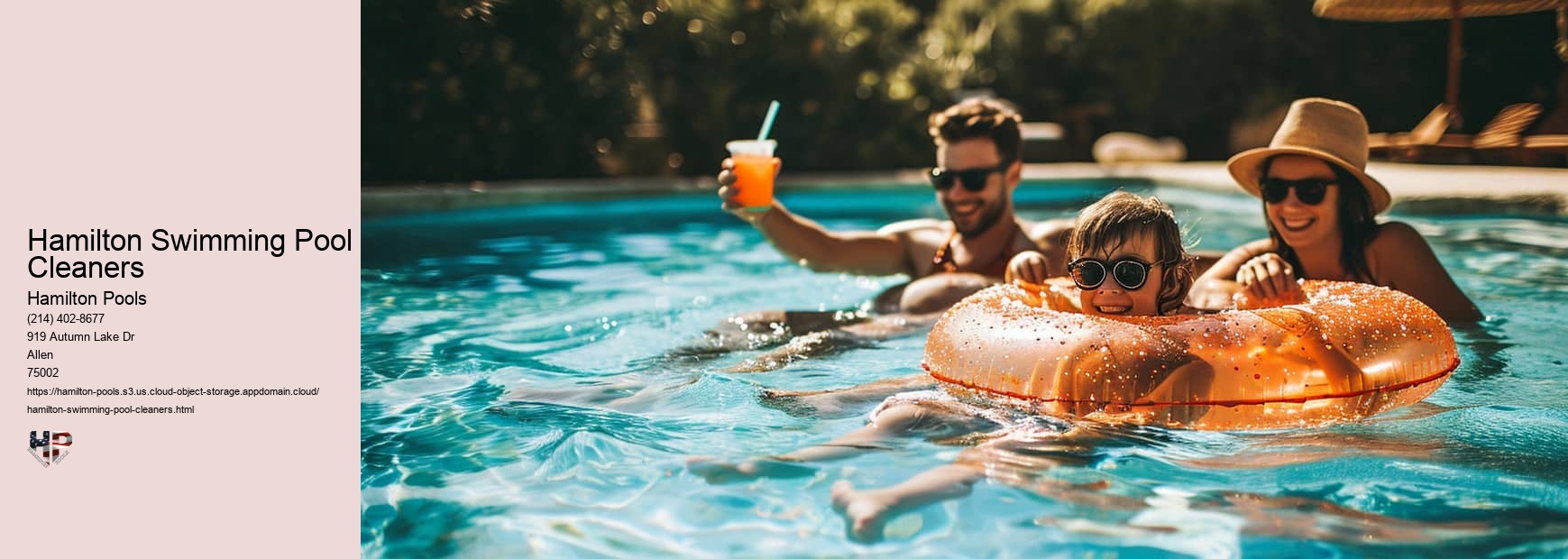
If you find that the salinity levels in your saltwater pool are too low or too high, you can adjust them accordingly. If the salinity is too low, you can add pool-grade salt to raise the levels. On the other hand, if the salinity is too high, you can dilute the water with fresh water. It's important to follow the manufacturer's instructions and consult a professional if you're unsure about the correct adjustments.
For a personalized approach to pool care, trust Hamilton Pools to provide tailored services that meet your specific needs and preferences. As experts in swimming pool maintenance, we understand that every pool is unique and requires individualized attention. Our comprehensive pool care services encompass everything from cleaning to repairs, ensuring that your pool remains in pristine condition.
At Hamilton Pools, we believe in providing our customers with valuable information and resources. That's why we offer service flyers that cover various pool care topics, including maintenance tips, troubleshooting advice, and information on how to prevent common pool problems. We want to empower our customers with the knowledge they need to keep their pools in excellent condition.
Hamilton PoolsIf you lack a vacuum, try manual methods! Use a pool brush to agitate the algae, then sweep it towards the deep end using a pool broom. Scoop or net the accumulated algae from the deep end. It's a workout, but effective. Consider investing in a vacuum for long-term algae control!
Master the basics: skimming, brushing, vacuuming, and chemical balancing. Invest in quality tools like a telescopic pole and leaf net. Shock the pool occasionally to combat algae blooms. Test water frequently and adjust chemicals precisely. Crystal-clear pool guaranteed!
Frequency depends on your pool size, usage, and skill level. For basic maintenance, every 1-2 weeks might suffice. If you prefer less hands-on work, weekly visits from a professional can keep your pool sparkling clean. Consider bi-weekly cleanings during peak season!
Think of chlorine as your pool's everyday security guard, while shock is like a SWAT team! Regular chlorine maintains sanitizer levels, while shock is a concentrated dose used to kill algae blooms or heavy bacteria loads. Both are essential for a healthy pool, but serve different purposes!
Not necessarily! Weekly shocking is recommended during peak season or heavy usage. Generally, shock every 1-2 weeks unless algae blooms or cloudy water appear, indicating the need for an extra kick!